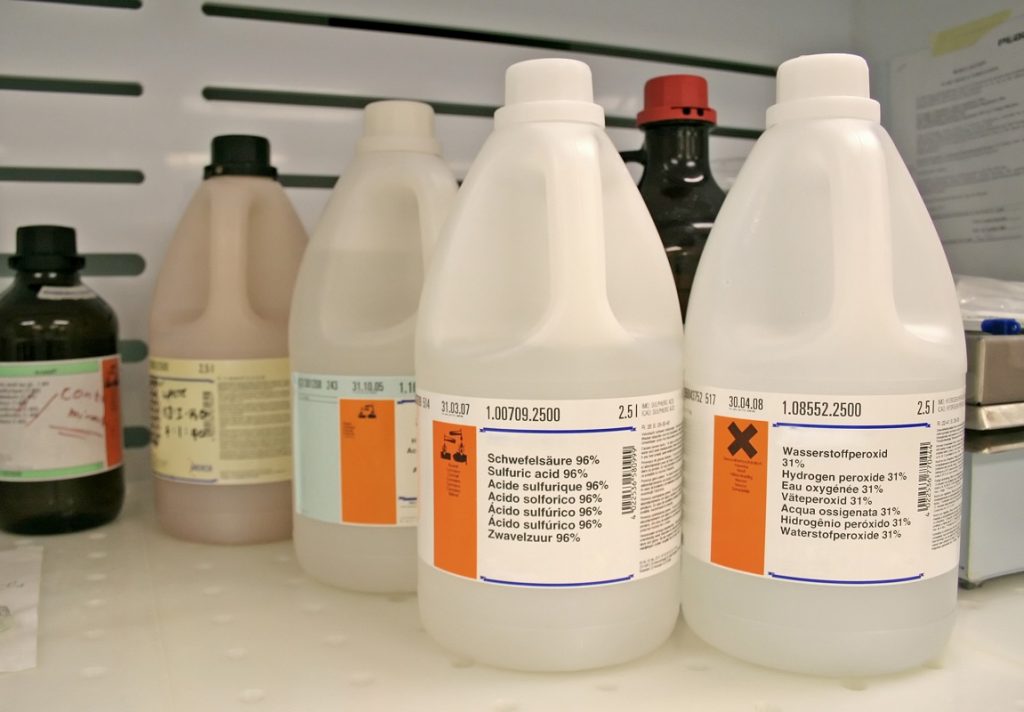- Select effective additives or catalysts to improve the efficiency of methanol production and achieve energy savings.
- Enhance the management of processes to decrease energy usage and minimize carbon emissions.
- Improve production efficiency by upgrading equipment and technology.
- To ensure the future sustainability of the methanol industry, it is recommended to use renewable energy sources.
- Improve energy efficiency and cost savings by optimizing your heat recovery systems.
Methanol production is an energy-intensive process, and companies that produce methanol are always looking for ways to ensure energy efficiency. Improving the efficiency of methanol production can help reduce costs and environmental impacts. Businesses can use several best practices to improve their methanol production processes and make them more energy efficient. By implementing these best practices, businesses can save money and positively impact the environment by reducing emissions from their operations.
Choose Efficient Additives/Catalysts
Choosing efficient additives and catalysts is vital in ensuring energy efficiency in methanol production. Catalysis accelerates chemical reactions, essential in industrial processes such as methanol production. High-grade syngas methanol catalysts are excellent for this process as they provide a low-temperature operation and high yields, making them sustainable and cost-effective.
These catalysts enhance the reaction rate, allowing faster and more efficient conversion of the raw materials into methanol. In addition, they provide high selectivity, which is crucial in minimizing side reactions that affect the yield and quality of the final product. Carefully selecting such additives and catalysts is essential for optimizing production and enhancing energy efficiency, resulting in a more sustainable and profitable operation.
Improve Process Control
In any industrial process, ensuring energy efficiency is paramount. Process control optimizes an operation’s energy usage by implementing innovative techniques and strategies. Improving process control is critical to successfully managing energy consumption and production efficiency and minimizing adverse environmental impacts.
As a result, it has gained significant importance worldwide, especially in the industrial sector, where it plays a vital role in reducing energy costs and improving environmental sustainability. Proper process control can help industries reduce energy consumption and carbon footprint, resulting in substantial cost savings and contributing to a healthy planet.
Upgrade Equipment & Technology
Upgrading equipment and technology is an important step toward improving methanol production processes. Here are some suggestions for upgrading equipment and technology:
Use Renewable Energy Sources

Proper utilization of renewable energy sources is crucial in ensuring energy efficiency in methanol production. Renewable energy must be used correctly to secure a sustainable future for the methanol industry. This is important because conventional methods of energy production are non-renewable and their extensive use contributes to greenhouse gas emissions.
By utilizing renewable energy in the form of solar, wind, or hydroelectric power, it is possible to reduce carbon emissions and create a cleaner environment. It is, therefore, critical for all stakeholders in the methanol industry to work together to ensure that renewable energy sources are widely used in the production process. Doing so can significantly contribute towards a cleaner and more sustainable future.
Increase Heat Recovery
To ensure maximum efficiency in methanol production, it is vital to increase heat recovery properly. This process involves capturing excess heat generated during production and repurposing it for use in other areas. By doing so, energy is conserved, resulting in significant cost savings and reduced environmental impact.
Adequate heat recovery is key to any sustainable production process, and manufacturers in the methanol industry are no exception. Implementing efficient heat recovery systems increases the process’s energy efficiency and improves the industry’s overall sustainability and long-term viability. As such, methanol producers must take the necessary steps to optimize heat recovery in their operations.
Implement Real-Time Monitoring Systems
Real-time monitoring systems are crucial to ensure energy efficiency in the methanol production process. These systems allow for the constant monitoring and control of various variables within the production plant, such as temperature, pressure, and flow rates. By detecting any inefficiencies or deviations from optimal conditions, these systems allow for real-time adjustments, which can result in significant energy savings and cost reductions.
These monitoring systems must be implemented properly and can effectively communicate data with control systems and operators. With the growing demand for sustainable and cost-effective production methods, implementing real-time monitoring systems has become increasingly important in the methanol production industry.
Reduce Wastage Through Recycling

Reducing wastage through recycling is crucial in ensuring energy efficiency in all industrial processes. Recycling refers to collecting waste products and converting them into new materials that can be used again. Recycling waste products such as carbon dioxide and methane reduces the energy needed to produce methanol in methanol production.
Properly managing waste and ensuring energy efficiency are critical factors in reducing greenhouse gas emissions, contributing to climate change. This approach not only conserves energy but also helps to protect the environment for the future. As such, recycling should be embraced as a key strategy in ensuring energy efficiency across all industries.
These are just a few best practices that businesses in the methanol industry can use to improve their processes and become more energy efficient. By implementing energy-efficient measures, companies can save money, reduce their environmental impact, and help create a healthier planet for future generations.

